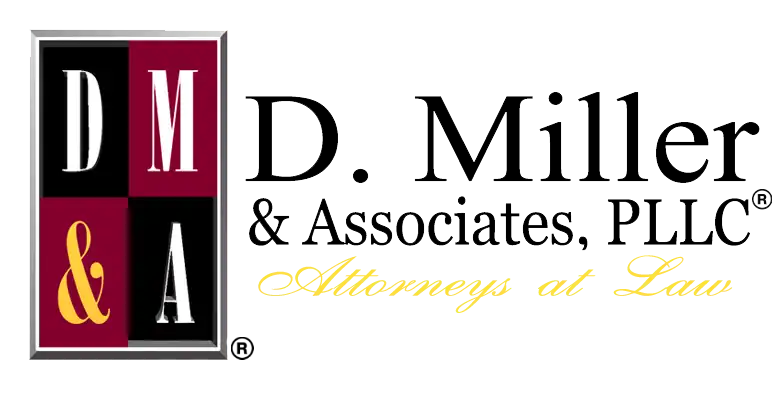If you suffered a slip and fall because of an unreasonable hazard in a Pearland home, store, restaurant, or other location, you may be eligible to file an insurance claim or lawsuit to help you pay for your injuries. A slip and fall lawyer in Pearland can help you determine what to do after an accident.
The Texas slip and fall attorneys from D. Miller & Associates, PLLC, can help you understand if you have a valid claim against the property owner. We can analyze your case, explain your options for compensation, and help you pursue the payout you deserve. A winning insurance claim may allow you to collect money to pay your medical bills, cover lost wages, and provide for you while you recover. Call us today at 713-850-8600 for a free case evaluation with one of our attorneys.
Common Injuries in a Slip and Fall
Property owners have an obligation to protect guests from unreasonable hazards. In most cases, this means they need to clean up a spill or warn guests of a danger as soon as they know about it. If they fail to do so and you fall, you can hold them financially responsible for your related damages.
For some fall victims, this payout can be significant. Injuries can vary in severity, and can commonly include:
- Sprains and strains;
- Torn ligaments, damaged tendons, and other soft tissue injuries;
- Broken bones;
- Traumatic brain injuries; and
- Spinal cord injuries.
Our attorneys can help you understand how your injuries will impact your claim’s value.
What Is My Slip and Fall Claim Worth?
The severity of your injuries greatly affects the payout in any personal injury case. It is impossible to tell you exactly how much your claim might be worth or the type of damages available to you without first analyzing your situation and investigating your case. Some of the most common damages our clients recover include:
- The cost of emergency transportation to the hospital;
- Treatment in the emergency department;
- Hospitalization expenses;
- Other inpatient care;
- Rehabilitation or physical therapy;
- Prescription medication expenses;
- Ongoing care costs;
- Crutches, walkers, wheelchairs, or other assistive devices;
- Reimbursement for property damage, such as a phone broken in the fall;
- Out-of-pocket costs; and
- Pain and suffering.
When we calculate the value of your claim, we will take into account the full range of damages you have suffered because of the accident. Then we will request fair compensation from the party responsible.
When Can I Hold Someone Else Responsible for My Fall?
Texas premises liability laws hold a property owner responsible for maintaining their premises in a reasonable way that keeps guests safe. These laws also extend to any operators of the property, maintenance companies in charge of upkeep, or even residents leasing the property.
Any time there is an unreasonable or unsafe condition that could cause a fall injury, the responsible party must take action to repair it. If they are aware of the hazard and take no action, they are negligent. This occurs more often than you might realize. Some of the most common fall hazards we see in our practice include:
- Spills;
- Tracked rain;
- Torn or damaged flooring or carpets;
- Rolled rugs;
- Uneven floors;
- Stairs without adequate marking;
- Trip hazards;
- Potholes or broken pavement;
- Missing or broken handrails; and
- Poor lighting.
If a liable party ignores the hazard and you fall, we may be able to collect compensation for your injuries. This is possible through a third-party liability insurance claim based on the property owner’s homeowner or business liability policy. If we win his claim, we can collect a payout to cover your damages. Only occasionally do we need to pursue a personal injury lawsuit to recover a fair payout in a slip and fall case.
Proving the Property Owner Knew—Or Should Have Known—About the Hazard
Before we can hold the property owner or manager responsible for your accident, we must prove they knew about the hazard—or a reasonable person would have known about it. This may be complicated, depending on the circumstances surrounding your fall.
For example, imagine it just began to rain. Customers track rainwater into the store, and one falls. The manager, who was in the back of the store at the time, had no way of knowing it began raining just moments before. It would be difficult to prove negligence in this case.
However, if we watch surveillance video and see the manager crossing through the wet area before the customer falls, we may have a valid claim. While it may be impossible for the manager to prevent all tracked rainwater during a storm, rugs and “wet floor” signs could lower the risk of an injury significantly.
How Can I Prove the Property Owner Was Responsible for My Accident?
Winning compensation in your slip and fall case requires us to provide a wealth of evidence to show the property owner acted in a negligent manner—and this behavior led to your injuries. In general, we must show:
- You were an invitee or licensee on the property, meaning you were not trespassing at the time of your injury;
- A hazard created an unsafe situation, posing an unreasonable risk of harm;
- The property owner knew or should have known about this hazard;
- They failed to repair or remove the hazard;
- They did not provide sufficient warning of the hazard or bring it to your attention; and
- The hazard caused your fall and the resulting injuries.
We use a wide range of evidence to prove these elements for our clients. Some of the most common types of evidence we present to support our cases include:
- Your medical records;
- Witness interviews;
- Accident reports;
- Photographs of the scene;
- Video of the fall; and
- Documentation to show the liable party knew about the hazard.
Talk to a Slip and Fall Lawyer in Pearland Today
The Pearland injury attorneys from D. Miller & Associates, PLLC, will review your slip and fall case for free. We offer complimentary consultations to help accident victims better understand their right to compensation. We handle all cases on a contingency basis, meaning you owe us nothing until we win a payout on your behalf. Call us today at 713-850-8600 to get started.

